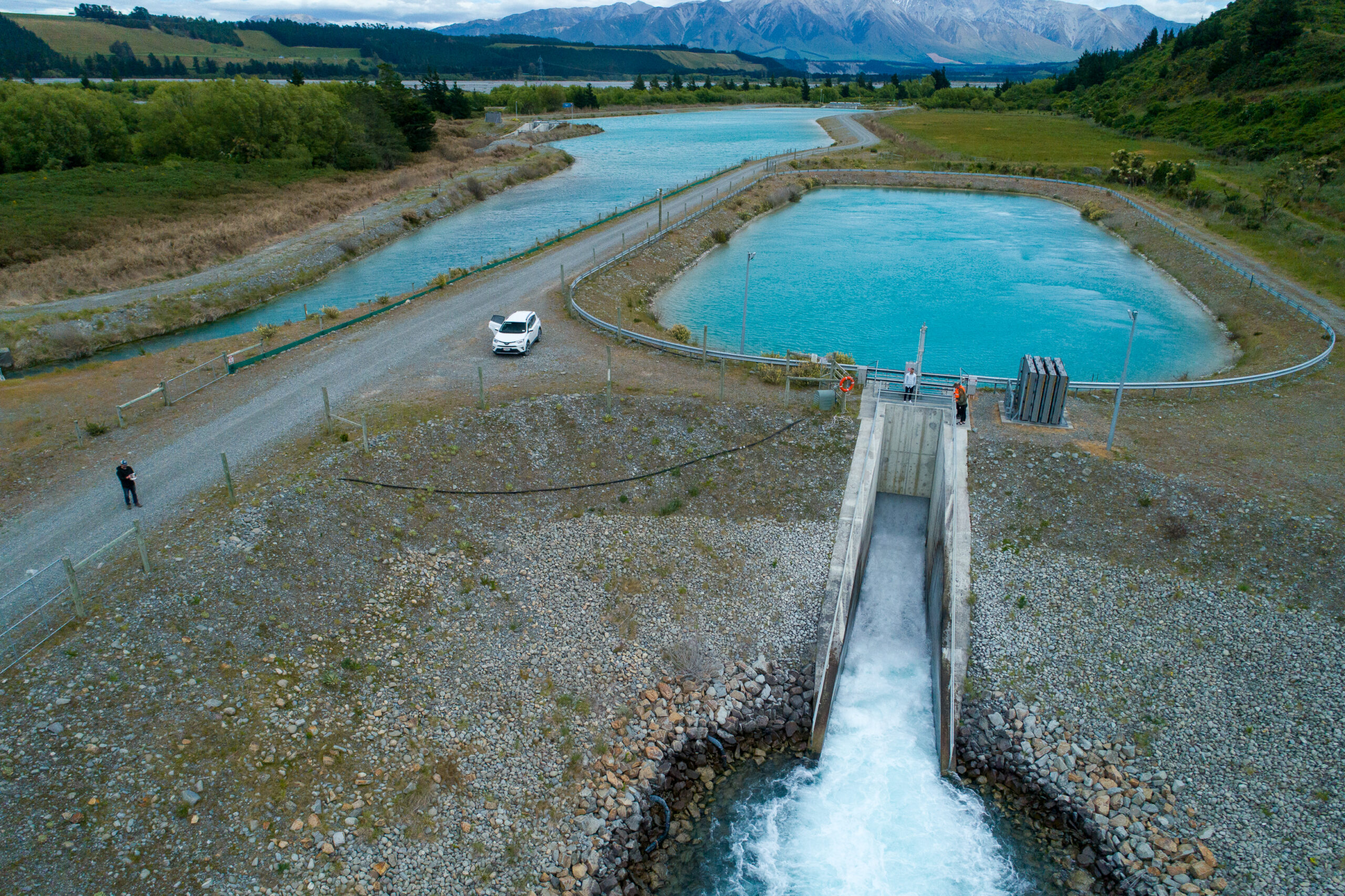By Annette Scott
Reading Time: 3 minutes
A recent High Court ruling against the global consent granted to an Ashburton irrigation scheme could backfire on environmental accountability, a prominent irrigation leader says.
Canterbury’s Central Plains Water (CPW) chief executive Susan Goodfellow said irrigation companies drive better environmental outcomes and the Environmental Law Initiative’s (ELI) legal challenge to Environment Canterbury’s (ECan) granting of global discharge consents to irrigation companies risks delivering the opposite of what it intends: a decline in environmental performance across Canterbury’s farming sector.
The recent High Court ruling against the global consent granted to Ashburton Lyndhurst Irrigation Limited (ALIL) found that ECan erred in law, particularly its interpretation of Section 107 of the Resource Management Act, which restricts the granting of discharge consents likely to cause significant adverse effects on aquatic life.
The court found that consents cannot rely on staged reductions over time if significant adverse effects already exist.
ELI’s second case against the consent granted to Ashburton’s Mayfield-Hinds-Valetta (MHV) Water is similar.
“Let’s be clear, the environmental challenges raised by ELI are real,” Goodfellow said.
“Intensification of farming has had a negative impact on freshwater quality in parts of Canterbury, but progress achieved in the past 10 years to turn these adverse effects around is due, in large part, to global discharge consents.”
Goodfellow said a consequence of these court cases could be that irrigation schemes have to surrender their discharge consents.
“This would push responsibility back onto thousands of individual farmers and ECan, removing the collective governance, oversight and environmental accountability that has driven major improvements.”
If farmers must have individual discharge consents, it would require substantial investment in regulatory capacity, strong governance, and a commitment to transparency and enforcement.
“This is probably neither achievable nor affordable for ECan, Canterbury ratepayers or farmers, risking a decline in environmental performance and public trust.”
There is strong evidence that environmental performance has benefited from the influence irrigation companies have over their shareholder farmers.
MHV, ALIL, Barrhill Chertsey Irrigation, CPW, Waimakariri Irrigation and Amuri Irrigation Company have led this work and are now managing 350,000 hectares of farmland under Farm Environment Plans (FEPs).
“FEPs, supported by regular audits, automated monitoring, and technical advice, have delivered tangible environmental gains and seen compliance soar, consent breaches plummet with audit results strong showing reduced nitrate leaching, groundwater nitrate levels improving and surface water flows improving.”
Global discharge consents enable irrigation schemes to function as environmental managers, supporting, monitoring, and enforcing standards at a scale individual consents cannot match.
“If this burden falls on individual farmers and an already stretched regional council, it will fragment oversight, increase risks of non-compliance, and turn back the clock on environmental progress.
“Current laws fail to recognise the benefits of collective environmental management, undermining one of the most effective tools New Zealand has for improving water outcomes.
“We call on the government to amend the Resource Management Act to acknowledge and support the role of irrigation schemes in environmental performance.
“We all want better environmental outcomes. But we must not let well-intentioned legal action unravel the very structures delivering them.
“The evidence is clear, irrigation schemes are lifting standards, improving compliance, and helping farmers reduce their impact.
“Let’s not take a step backwards by disempowering one of the most effective environmental management tools we have.”
